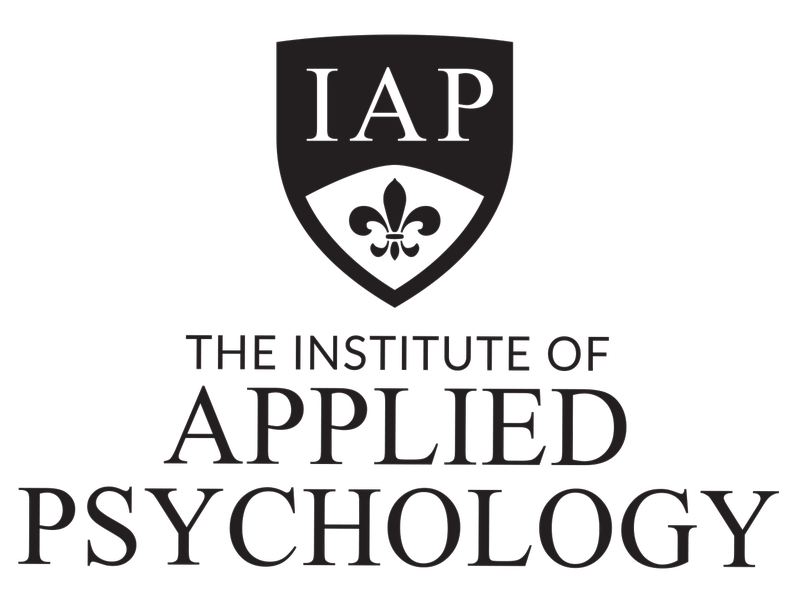When we talk about internal orientation as a cognitive distortion, we're referring to a tendency to always blame ourselves for negative outcomes, regardless of the actual circumstances. This kind of thinking can lead to a lot of unnecessary guilt and self-criticism.
For example, let's say you planned a picnic and it ends up raining, ruining the event. If you think, "This is all my fault, I should have known it would rain," that's an example of a distorted internal orientation. In reality, you can't control the weather, and it's not your fault that it rained.
People with this cognitive distortion often feel responsible for things that are outside of their control. They might blame themselves for other people's feelings or for unexpected events. This can lead to feelings of guilt, shame, and low self-esteem.
So, in a healthy internal orientation, you would recognize your influence over your own actions and choices, but also understand that you're not responsible for everything that happens. In a distorted internal orientation, you might blame yourself for things you really have no control over.
In other words, it's like carrying an oversized backpack full of things you don't need and can't use - it's unnecessary weight that can cause you unnecessary stress and discomfort.
